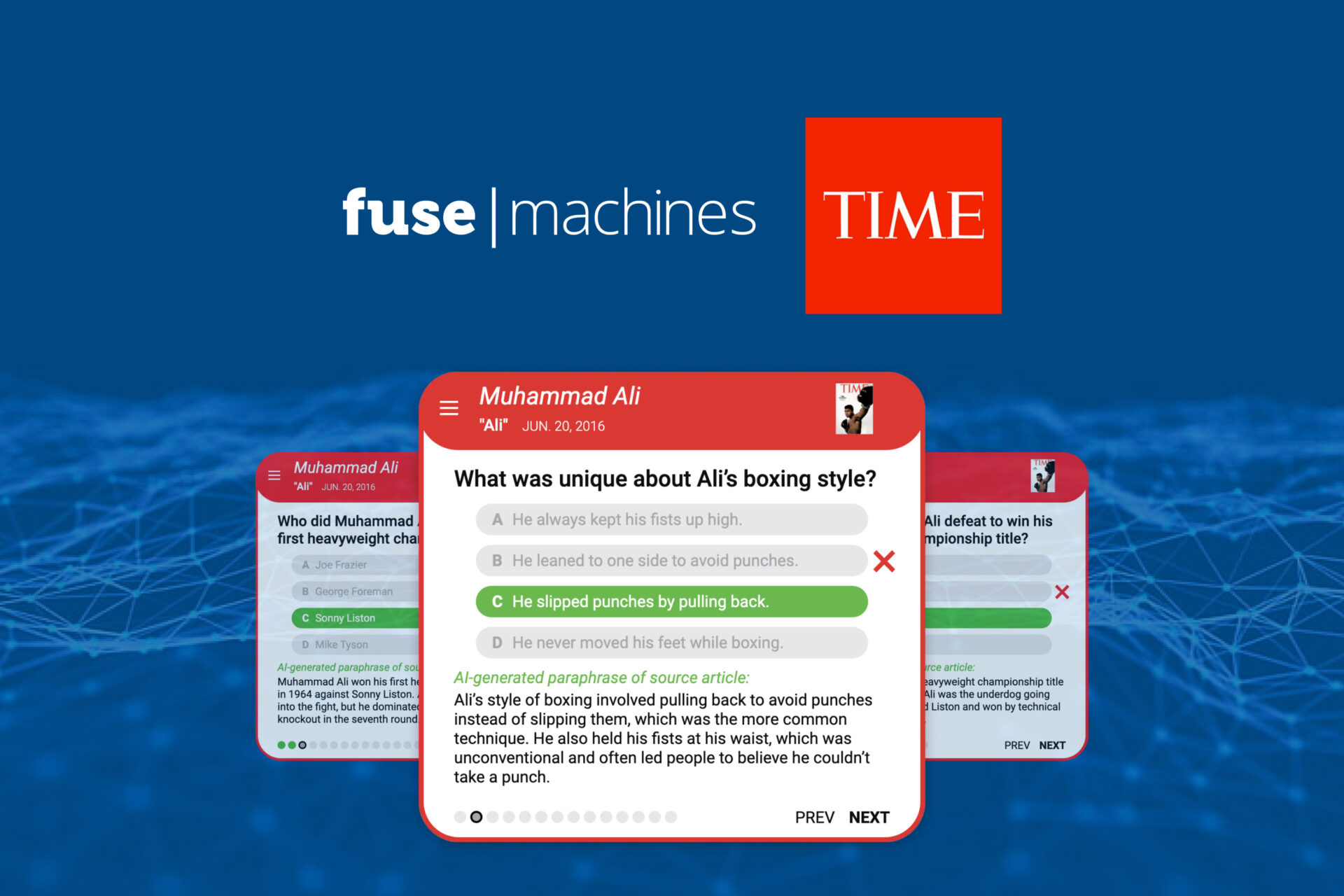Role of AI in Media and Entertainment Industry

Artificial intelligence is rapidly changing the media and entertainment landscape. Enterprises from magazines to streaming sites benefit from vast amounts of data and algorithms that analyze trends, identify audiences, and develop products fast. The result is increased innovation across sectors and a faster pace of change. Let’s explore the role of AI media and entertainment here.
We explore how AI is driving digital transformation in the media and entertainment industries in our recent eBook. Download for free here
Application of AI in media and entertainment
Intelligent Tools for Video Production and Publishing
AI is becoming a crucial tool for creating compelling content, scheduling, tracking, and analyzing the results. For example, average software can capture, produce and edit while humans provide input that decides a story’s direction. AI can merge the power of both disciplines (intelligence guidance and functional tools) to create visual storytelling that is better than either one can on its own. Utilizing AI in media has assisted several enterprises create effective content that is shareable across multiple platforms. AI-powered publishing tools maximize personalization for target viewers.
For example, the video producers team at Hulu use AI to curate content for almost 50 million users. The curation tool automatically learns which stories viewers want to see next based on AI-powered analytics.
AI Helps Brands Develop More Effective Advertising Strategies
AI can also help brands develop effective advertising strategies. Several brands such as Vox Media, NBCUniversal, TIME, Pandora, and EA sports use AI and machine learning algorithms to analyze their customer bases for insights on trends and customer experiences.
Let’s consider a media enterprise that wants to target millennials. AI can help create a larger customer database that covers more detailed information about millennials’ interests, such as their favorite TV programs, sports teams, and brands. By analyzing this data, companies can create more relevant advertising strategies, including custom ads.
AI and reporting
Artificial intelligence and its subsets can improve reporting and analysis for media and broadcasting enterprises. For example, journalists often create data visualizations, i.e., graphs, charts, infographics, etc., to tell a story. These graphics are usually created manually by a journalist with expertise in data visualization. AI can therefore help automate the creation of visualizations, making them more accessible for less data-savvy journalists. This is especially important for journalists in niche fields dealing with precise data, such as health or science journalists.
Personalized content with AI
According to an Epsilon survey, 80% of customers are more likely to choose businesses that give them a personalized experience. This is no different for media enterprises and their potential audience. Today, page views are the most commonly used tool for measuring success in the entertainment industry. These measure how many people read content as opposed to scrolling through pages. Artificial intelligence and its subsets can also improve the quality of entertainment content and other aspects of content creation.
AI and consumer experience
AI is essential in improving the consumer experience. Relevant examples include content personalization, interactive chatbots, navigational guides, and smart recommendation systems. Publishers can also use AI-powered intelligent editing tools to identify errors in content, such as spelling errors or factual inaccuracies, and improve the quality of articles.
Listen to our FuseBytes podcast episode with Andrew Abner, Director of Enterprise Data Science at Take-Two Interactive on AI in the gaming and entertainment industry here.
What are the major pros of adopting AI in media industry?
Pros of AI in media industry:
- Delivers personalized content
- Monitors content and fake news
- Smarter media broadcasting with automation
- Higher quality production for better audience attention
What are the top three challenges of implementing AI in media?
- AI talent shortage
- Failing to establish AI and data culture
- Concerns around AI ethics
Can AI help filter the fake news?
Deep learning algorithms can check facts, and sources to filter false and fabricated information. Websites are sent to an AI system which scans the news source and anticipates the most reliable version of the content. More websites should be added to the algorithm for more precise results. Although this technology is not without flaws, it is a step in the right direction.
Bottom line
The media, entertainment, and information industry are changing at a rapid pace. Those not keeping up risk irrelevance in the coming years. With the growing influence of artificial intelligence and technologies such as blockchain and virtual reality, the media sector is seeing a massive digital transformation. Many changes lie ahead, and you can stay informed with a reliable AI partner.
We explore how AI is driving digital transformation in the media and entertainment industries in our recent eBook. Download for free here
Power your media enterprise with AI solutions from Fusemachines. Schedule a free conversation today.


